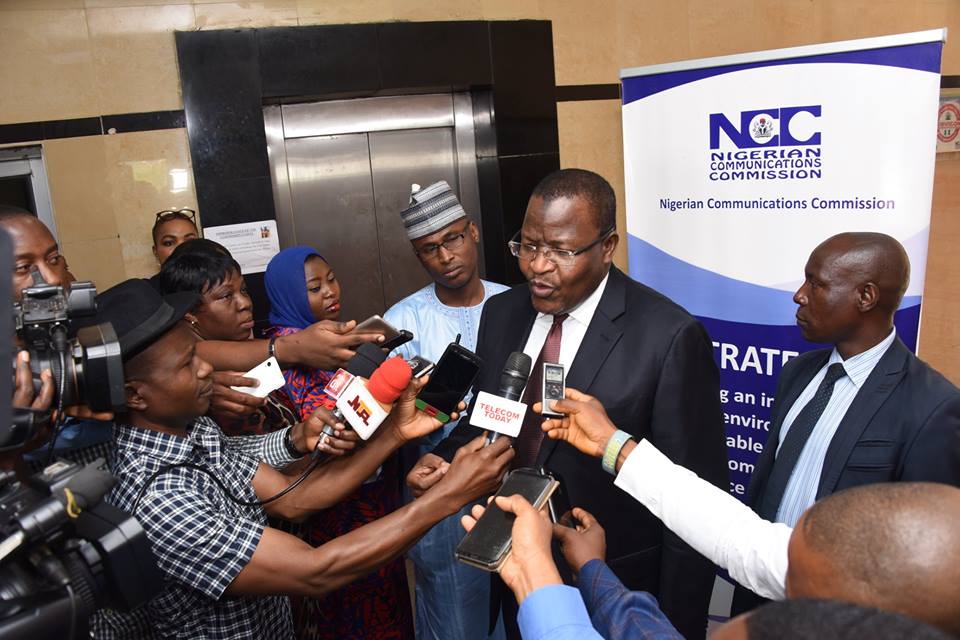The Executive Vice Chairman of the Nigerian Communications Commission (NCC), Prof. Umar Danbatta, is soliciting for a coordinated effort that will see Nigeria getting rid of all forms of electronic waste.
The NCC Boss made the call yesterday at the Commission’s headquarter in Abuja, while declaring open a Public Inquiry on Regulations for Electronic Waste and Guidelines for Disaster Recovery.
“We are calling on all stakeholders in the telecom and tangential sectors, including operatives of agencies in the security governance sector to collaborate and rid Nigeria of electronic waste (e-Waste) which includes irreparable and obsolete devices,” he said.
Citing a recent report by the World Economic Forum, Danbatta affirms that electronic waste is now the fastest-growing waste stream in the world – and because that genre of waste is non-biodegradable (like polythene of packaged water, popular called pure water) – it is time stakeholders took concrete implementable actions to arrest the proliferation of electronic wastes.
The need for coordinated programmes and action to address the rise in tempo and incidents of the explosion of e-waste is particularly underscored by the speed of innovations in the telecoms industry, defined by the rapid advances in technology which makes it easier and convenient to change malfunctioning gadgets than to repair them.
The EVC/CEO, therefore, urged participants to make frank and useful suggestions to deepen the renewed governmental intervention in e-waste management and disaster recovery. He noted that disaster constitutes a major disruption with widespread impact on humans, materials and the environment.
He reminded the audience of NCC’s commitment to collaborating with stakeholders to address challenges associated with the telecom service provisioning and affirmed that it is in keeping with the NCC’s participatory rule-making process and renowned regulatory transparency.
Attendees and participants at the Inquiry include all shades of telecom service providers and representatives of any public sector organizations, including the National Environmental Standards and Regulations Enforcement Agency (NESREA).




